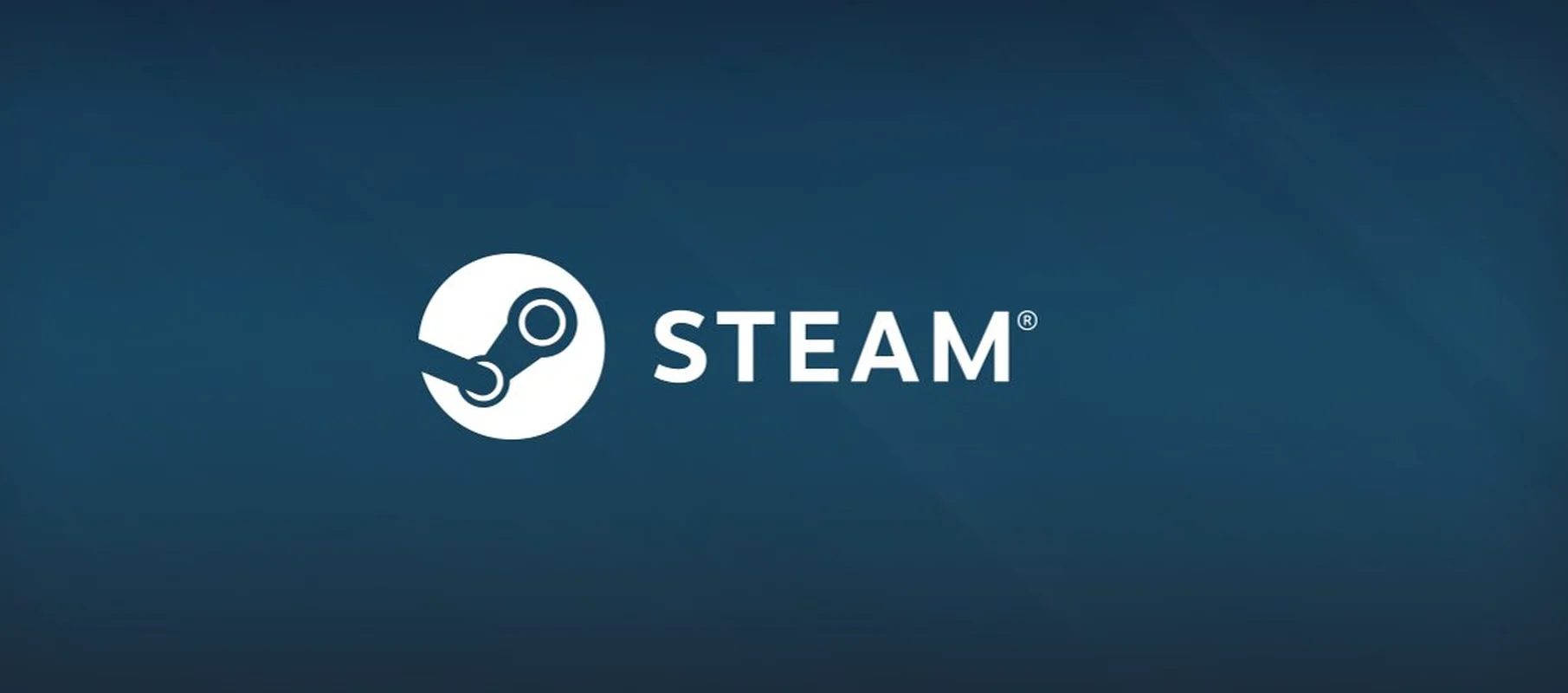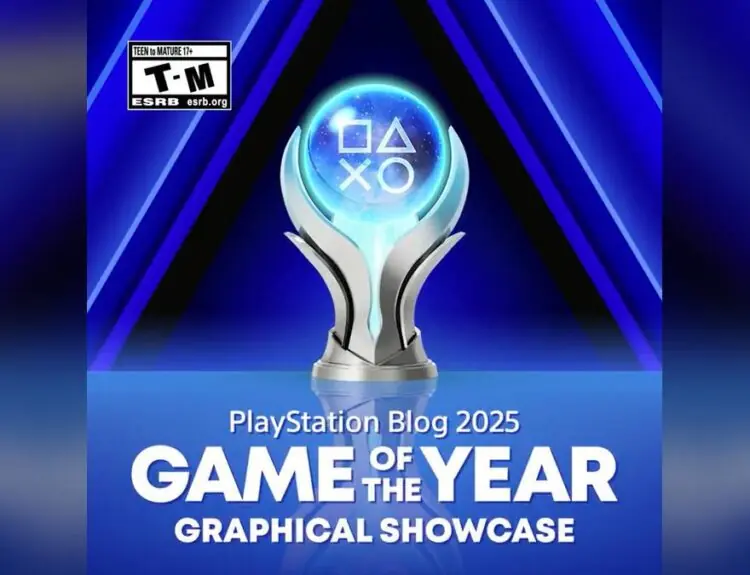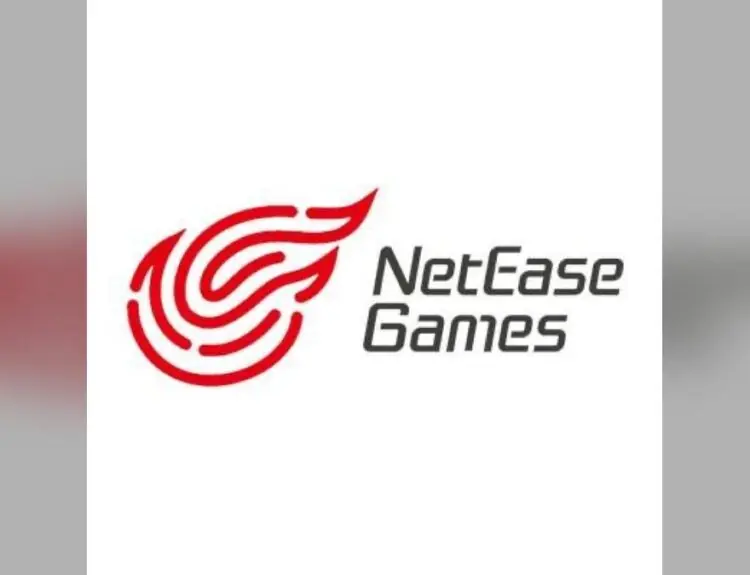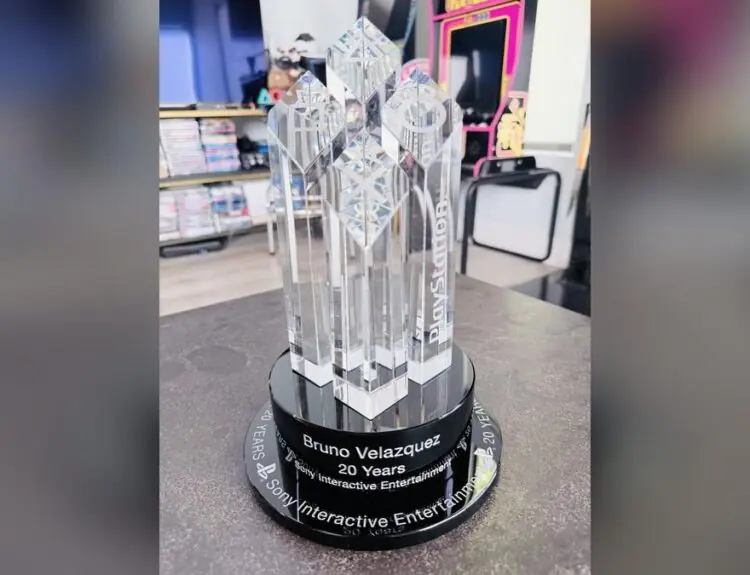Steam has announced some significant changes to the way they sell game soundtracks. Music is an important part of the video game experience, but the soundtracks are usually treated like DLC.
Previously, gamers on Steam could not purchase a game’s soundtrack unless they owned the base game.
If a player only wants to buy the soundtrack, they had to own the game through Steam. This posed a problem if the gamer owned the game for another platform and didn’t want it on PC, too. Most gamers don’t want to buy the same title on multiple platforms unless there’s a significant benefit.
Before the announcement, players had to buy the soundtrack elsewhere if one was available. If the soundtrack wasn’t sold outside of Steam, they might not buy it at all, which hurts game composers.
Steam’s new update focuses on “fixing customer experience issues with the current “soundtrack-sold-as-DLC” model, and completely new features.”
Previously, all soundtracks were treated as DLC, but now that has been changed to a “soundtrack” instead. This classification is different from the DLC type. Through the new classification, customers can purchase soundtracks without buying or downloading the base game.
Players can also browse and manage soundtracks directly through Steam. They can configure a directory specifically for soundtracks, instead of going through their Steam files for the soundtrack. Now music is all in one place. Through the music interface, players can play, manage, and browse content. The music library is still in progress and only contains minimal functionality for now.
This new feature also allows developers and publishers to directly sell soundtracks if they don’t sell the base game on Steam, like in instances where the game hasn’t yet been released.
Developers and publishers will have to set the new app type themselves to the “Soundtrack” category instead of as “DLC.”
Steam also has new functionality to allow soundtracks to be sold in multiple quality levels. All soundtracks will have MP3 files, but customers can have the option of FLEC or raw WAV files as well. Developers can also choose to include additional information, like liner notes, album art, and more with the soundtrack.
Currently, the initial launch of these features is only for partners. The features are expected to launch for a wider audience on January 20th, which will include a sale event opportunity.







